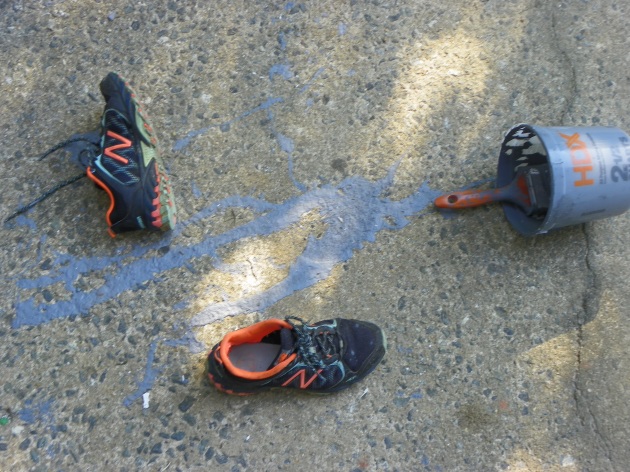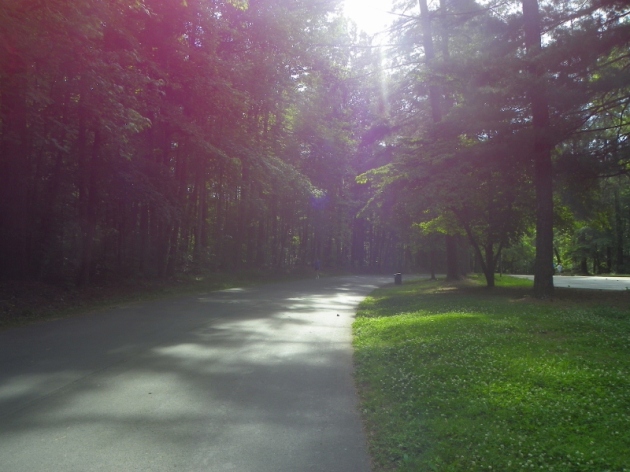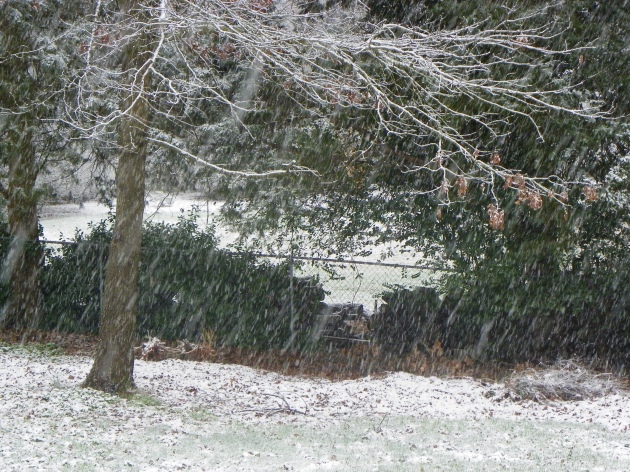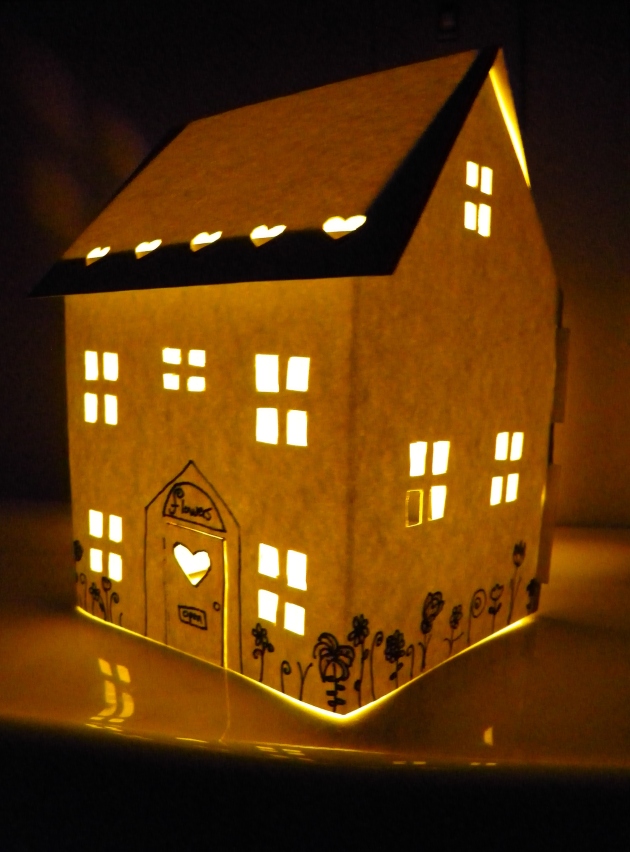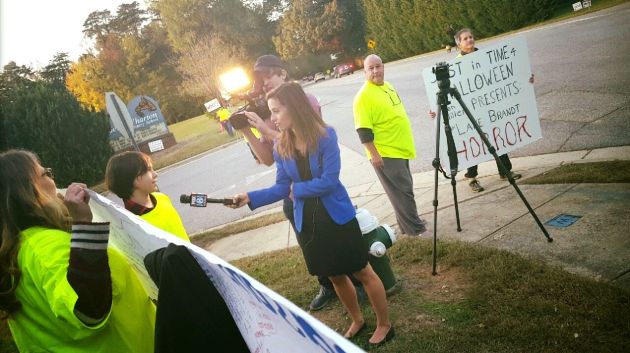
When 12 year old Elliot Hoppins, creator of Elliot’s Ninja Art: Helping the Homeless One Ninja at a Time, learned that more affordable housing in his neighborhood is destined for destruction, he took on an overwhelming challenge. In less than 24 hours, help to compile a list of one hundred reasons why his neighborhood should not be rezoned into a commercial shopping center. Having less than 24 hours before the neighborhood street protest, he asked for help from family members, neighbors and friends. The title and the challenge was a response to the City of Greensboro’s decision to ignore the Guilford County School Board’s unanimous 11-0 vote to oppose a shopping center directly across the street from Jesse Wharton Elementary School. The provided reason for ignoring this vote is that the school board didn’t provide sufficient reason for their decision. Working with that idea, a flash of insight appeared: there are at least one hundred reasons why a shopping center in a residential neighborhood, across the street from a school, within walking distance from the city’s water supply at the Lake Brandt Watershed is inappropriate and not right for the area.
As a family, we believe that the school board assumed that this is a matter of common sense, needing no explanation. And why should we automatically expect parents and students, consumed with the daily stress of not only arriving to school on time, attending a full day, returning home for additional homework, participating in extracurricular activities all while managing enough healthy nutrition, rest, and family time, to take on city hall? Families with kids in school all over the nation are stressed to the limits, mired in daily struggle for academic achievement. Children in school simply do not have time for civil action, but they deserve to be safe getting to and from school and playing outside on the playground. While working on his banner, Elliot remembered when he was a student at Jesse Wharton, and he said, “today it’s a wonderful thing to be homeschooled. I have this whole day to work on a project that might help our community with needed housing and protect the kids at school, too.”
Here is the entire list, which was handwritten and illustrated the day of the neighborhood street protest, on a banner that was so long it was difficult to photograph in one shot:
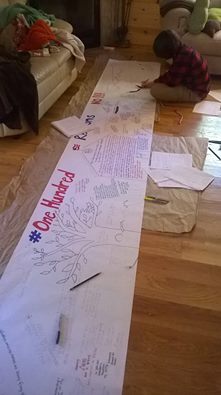
One Hundred Reasons No
****This list is a compilation of reasons gathered from the neighborhood protesters, parents, big sister, friends, and Elliot’s own ideas.
The banner is a work of illustration, handwritten copy work, and his own unique critical thinking.
- Guilford County Schools unanimously voted 11-0 to oppose the rezoning and commercial development plan.
- Because the City Council is in service to the needs of the people, not one wealthy individual.
- Because Greensboro is in a housing deficit.
- Housing is a need, not a want.
- Greensboro needs more high paying jobs, not low wage earning opportunities.
- The addition of five access points to the proposed development creates a safety hazard for cyclists, pedestrians, busses, cars and trucks.
- The road at the dam cannot be widened without great cost to the city, creating a traffic nightmare and bottlenecking that will back up traffic for miles on either side of the school.
- The shopping center’s presence across the street from the school will increase pressure on parents, students and bus drivers as they need to calculate additional time entering and exiting the parking lot.
- We do not want to set the precedent in building a commercial development directly across from an elementary school with small children.
- Polluted drinking water from storm runoff means no clean water for hundreds of children every day while they are in school.
- Children who walk to school are in danger of being killed by angry drivers attempting to swiftly navigate a traffic nightmare.
- Increased exhaust from traffic negatively impacts the health of students, teachers and parents, especially asthma sufferers. Exhaust fumes also cause brain damage.
- Commerce brings crime due to easily accessible cash and goods, exposing students, teachers and parents to desperate individuals attracted to the lure of a quick score.
- Children need not only to feel safe at school, but to BE safe at school.
- Parents will be increasingly challenged to navigate the road when colorful banners announcing new business pop up.
- The school’s peaceful surroundings will be shattered with the noise and activity of a bustling area of commerce in a time when focused attention is the most vital asset we have in learning.
- A strip center’s presence sends the daily message that commercial advertisement goes with school like peanut butter and jelly.
- Because logic, common sense and truth are more valuable assets to society than lies, corruption and greed.
- The potential for increased city revenue is offset by calls for police to regulate traffic and manage crime.
- The natural area leading to the lake will be forever lost.
- A shopping center is not compatible with the natural beauty of the area.
- Jesse Wharton Elementary has a nature trail and an outdoor classroom leading to Lake Brandt. Loss of wildlife due to road kill accidents leaves the woodland area devoid of wildlife for study, enjoyment and childhood delight.
- A shopping center’s presence leaves no room for the potential of small agriculture to be a possibility in the future, which is a need TODAY and EVERYDAY. You can’t grow food in a parking lot. And Greensboro is one of the hungriest cities in the entire United States of America.
- More impulsive spending by passerbys means more national debt and less saving.
- More impulsive shopping for things other than needs creates more trash. More trash means more landfill space, and less space for needed homes.
- Additional traffic drawn to the shopping center is risky and dangerous for cyclists on the curvy, two lane, downhill road that is the only access point to the world class Wild Turkey trail, a phenomenal mountain biking challenge.
- More traffic emissions in combination with the loss of trees and additional acres of hot asphalt for parking lots adds to the global warming crisis.
- Less trees=less oxygen=less air to breathe.
- People need trees.
- Where will the local children play? Not outdoors in speeding traffic=more screen time=less face to face interaction and meaningful conversations, less exercise, less health, less healing contact with nature.
- Nature is now a prescribed medicine by doctors.
- Less wildlife due to traffic accidents, noise and congestion=more disease because animals like opossums and vultures clean our environment of zoonotic diseases.
- Wildlife habitat loss decreases access to healthy living.
- Because the protection of wildlife matters.
- Consider fish poisoned by stormwater runoff. Toxins in fish lead to health risk for humans consuming fish. A food source is threatened.
- Consider all cats.
- Swans live here too.
- Because Ken Miller, the developer, has only ONE reason, and we the people, have over one hundred reasons NO.
- Stormwater runoff pollutes Lake Brandt Watershed, the city’s water supply.
- Cut through traffic on Oak Tree Road is a safety hazard for residents because we have no sidewalk. This prompts the residents to close the south access point and create a cul-de-sac.
- The developer Ken Miller uses sneaky business practices to secretly buy property in the neighborhood, thereby causing us not to trust his word on the wiggly and vague compromises proposed.
- A new traffic light, part of the compromise, will not make less traffic. It will make more traffic.
- Curiosity seekers brought to the area by a shopping center will feel drawn to explore the neighborhood, which means less security and more traffic on our streets.
- Respect for community—listening to our concerns is a benefit to the greater good. When other neighborhoods are threatened by big business, they will have a resource for support and learn effective ways to work towards the best possible outcome.
- Dr. Stephen J. Sills, Director of UNCG’s center for housing and community recently studied what’s driving the affordable housing deficit and discovered that increased population growth=no incentives for landlords to discount rents. Income stays stagnant while rent increases. No money to shop at the strip center puts the proposed strip center at a huge risk for failure. No place to live and no money to shop means no customers.
- The proposed development will not serve the needs of the neighborhood because the neighbors do not need it or want it. Shopping is 1.6 miles away.
- Blight is likely when the businesses in the shopping strip fail.
- Gang tagging to follow #47. Look at the recent history of our local convenience store and gas station.
- Which leads to increased crime in our neighborhood, and increased volume of calls to the sheriff. Not good for the county.
- Stranger danger.
- Endangered Species: The affordable single family home in Greensboro, North Carolina. Watch them fall.
- DOG’s: Dirt, Oil and Grease from parking lots contaminating surface waters.
- Banging trash dumpsters.
- Late night deliveries.
- Approximately 50% of households in Greensboro are renters. Increased home ownership provided by not tearing down houses means more revenue for the city, not less.
- Because peace matters.
- Trash from parking lots blow into yards.
- Because participation in civic responsibility and activism makes a stronger society.
- Because the City Council and the Mayor care more about residents than wealthy, sneaky individual prospectors.
- Because residential life matters to the city, and cannot function without people who live here.
- Because homes for people matter more than shopping. If no one lives here, who will need goods and services?
- One billion songbirds die every single year due to city lights. More lights means less songbirds. Songbirds eat insects, thereby controlling the spread of vector diseases like Lyme disease, Rocky Mountain Spotted Fever, West Nile Virus and allergic reactions to stings. Charlotte and Winston-Salem are participating in a lights out program to save songbirds, but Greensboro does not. More lights on during the night from commercial business means less birds, and less visible starlight for them to navigate during migrations.
- Songbirds also need trees to survive.
- Raptors, who control pests like mice and rats, also need trees to survive.
- Rats attracted to the dumpsters behind the businesses spread zoonotic disease to people and pets. Raccoons attracted to dumpsters carry rabies.
- Pollinators, like bees, need trees.
- Children need trees.
- Everyone and every living thing on earth needs trees.
- Owls, Hawks and Osprey live near and around Lake Brandt. Commercial development will either drive them away from the noise and fumes, or kill them with speeding traffic.
- In 2000-2010, Greensboro’s population grew by over 20%, increasing the demand for homes.
- Privacy intrusion
- Greensboro needs more high paying jobs, not more low wage opportunity.
- Greensboro is rich with post secondary education, creating an intelligent workforce needing jobs that don’t involve operating a cash register or serving coffee.
- Rental properties are currently 93% filled.
- Moderate and low income wage earners lost their homes during the recession. Now is the time to help people return to home ownership.
- Because homes matter MUCH more than shopping.
- Late night deliveries wake residents. Sleep deprivation causes illness, poor mental focus, traffic accidents and obesity. The hidden cost of disrupted sleep cannot be ignored.
- Aquatic wildlife and birds are threatened by litter. Birds and fish eat plastic, thinking it is food.
- Lowering of property values depresses the local economy.
- Three new intersections creates frustration which leads to road rage, which leads to DEATH.
- An estimated 286 vehicles per hour happens at school drop off time.
- N’er do wells canvassing our neighborhood is a concern held by many residents.
- It is a fact that crime increases around shopping areas.
- Increased crime in neighborhood as a result.
- Consider all children, not just the kids at school.
- Children in the neighborhood are restricted from play and bike riding in the neighborhood for safety concerns.
- Increased traffic=less safe dog walking=sad and unhealthy dogs.
- Drive bys now stopping, blocking and increasing impermeability.
- Potential alcohol sales from drug store and restaurants increases risk of drunk drivers in the neighborhood.
- Access to prescription drugs with the proposed medical facility by abusers is a high cost to the city, to families dealing with addiction, and to the well being of the community.
- Peace and nature are more valuable than money can buy. Once it’s lost, it is irreplaceable.
- The sense of peace in our neighborhood will be lost, thereby driving away our valuable and important and much loved residents, who contribute their skills, talents, education and kindness to the city and to the county.
- Look at Detroit. Is that nightmare Greensboro’s future? Look what big business did to one of the biggest cities in the nation’s history. Imagine pockets of abandoned property left by people who could no longer afford to live here. In fact, if you study Greensboro, you will find that this is happening RIGHT NOW. Greensboro, the ghost town of North Carolina!
- Attracting business to our area involves attracting people to live in the area.
- People and their skills and contributions to the city as workers and as business owners are all important, and Greensboro can show the nation how residents and businesses together make the right decisions that serve both sides fairly and with great success.
- The ecological balance of our world is a value that billions of people hold dear. Because we cannot survive without natural resources.
- It is easy to disrupt this delicate balance by construction.
- Increased electricity usage is a problem not solved by more unwanted commercial buildings.
- Unpleasant odors block and mask fresh air for residents.
- A strip mall does not fit because of the negative impact and stress it creates for everyone. Stress is responsible for a majority of illness and death. The high and hidden cost of this plan is simply not worth it.

